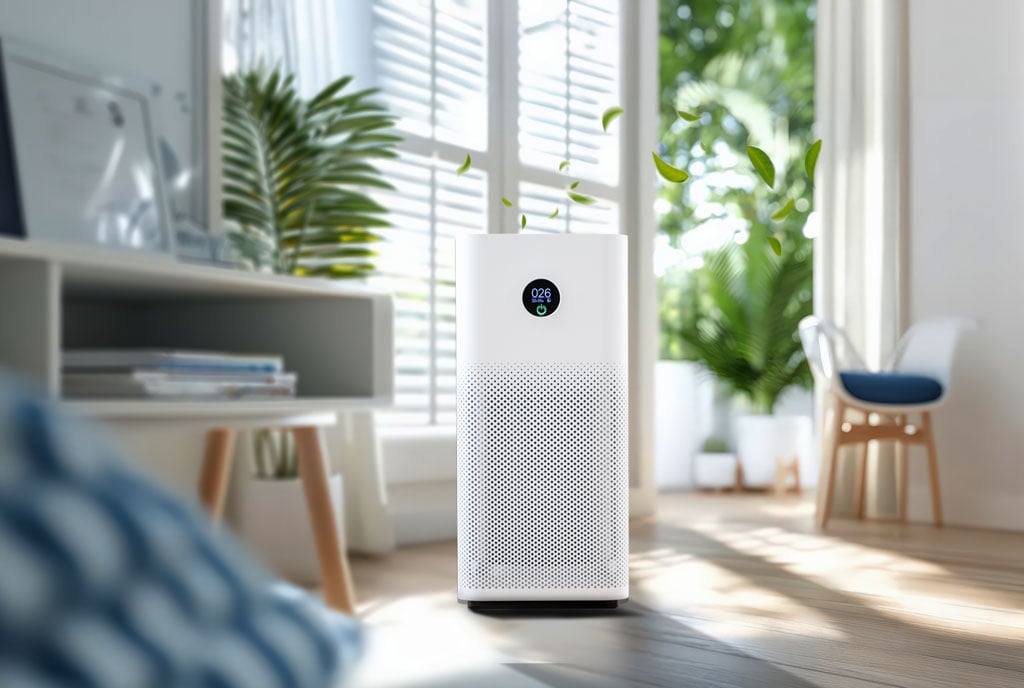Choosing the right solar water heater

A solar water heater, is composed of a tank and attached solar vacuum tubes.PHOTOs/www.gettyimages.com
What you need to know:
Solar water heaters enable you to enjoy hot showers without worrying about electricity bills. They are also durable and easy to maintain
What if there was a way you could significantly cut down on your electricity bills while still enjoying those hot showers? With a water heater powered by solar, you can do just that. More and more people are opting for solar water heaters, because they are cost effective.
“It is a worthwhile investment, once you have a water heater powered by solar, then the money you spend on your electricity bills reduces substantially,” explains Gonzaga Kayigwa, an engineer at Ultra Green Volt Power Limited, the manufactures and installers of solar water heaters. Another economic advantage with solar water heaters is that they do not require solar panels, you buy it as a single item.
They are also durable and with easy maintenance, it can be opened and cleaned.
A solar water heater, is composed of a tank and attached solar vacuum tubes. The tank has an inlet, where cold water flowing from a reservoir water tank flows in, and an outlet, through which the hot water is supplied into the water lines the house.
How it works
Kayigwa says the cold water in the water heater tank, is heated by hot steam flowing from the solar tubes attached to it. When cold water, from the resoviour tank, flows into the solar water heater tank, some of the cold water, flows into the solar tubes, which then boil it to a boiling point, forming hot steam, which rises back into the tank, heating up the rest of the water.
“Scientifically, hot water is less dense than cold water, in simpler terms, when cold water heats up it becomes lighter in weight, which is why whenever cold water from the resoviour tank flows into the solar water heater, the hot water having been heated up by steam coming from the solar tubes, rises and settles above the cold water coming in. This is the water that will flow when you open the tap in the shower,” says Kayigwa.
Making the right choice
Each type of solar water heating system works best in different environments.Direct systems work best in areas that don’t often see temperatures below freezing. In cold climates, indirect active systems are more resistant to freezing damage.
Want your solar heating system to do double duty? Invest in an indirect circulating system. The heating fluid can be redirected to heat your swimming pool or spa in between working to supply your home with heated water.
Families that use more warm water during daylight hours benefit from integral passive systems. By producing multiple small batches of warmed water, family members will not have to worry about having enough hot water for morning showers.
If you have less ground space, then go for a thermosyphon solar water heater which can be mounted on your roof, leaving you more space in your living area.
Types
Solar hot water heaters are split into two broad categories: passive and active. The primary difference between the two is that active systems require circulating pumps to move water, and passive systems rely on gravity to move water. Active systems also require electricity to operate and may use antifreeze as a heat exchanger fluid.
Capacity and Price
According to Kayigwa their water heaters come in capacities of 100 litres, 150 litres, 250 litres, and 300 litres. “The best way to figure out what capacity you need depends on how many people will be using it, a 100 litre is enough for residential purposes while commercial establishments require bigger heaters,” he says. Prices range between Shs1.7m and Shs4.8m depending on the size of the water heater.
Additional reporting from: solarreviews.com




